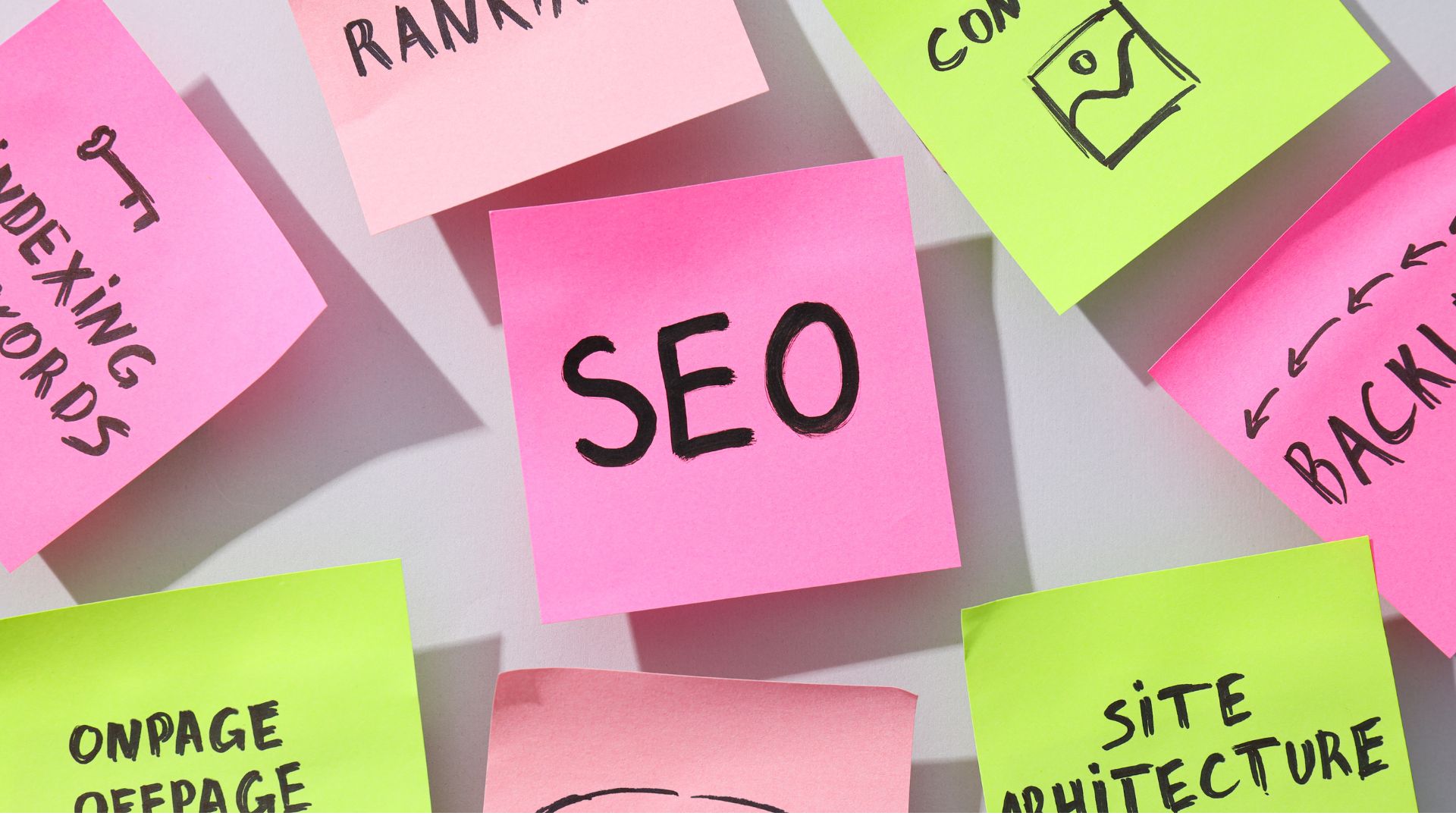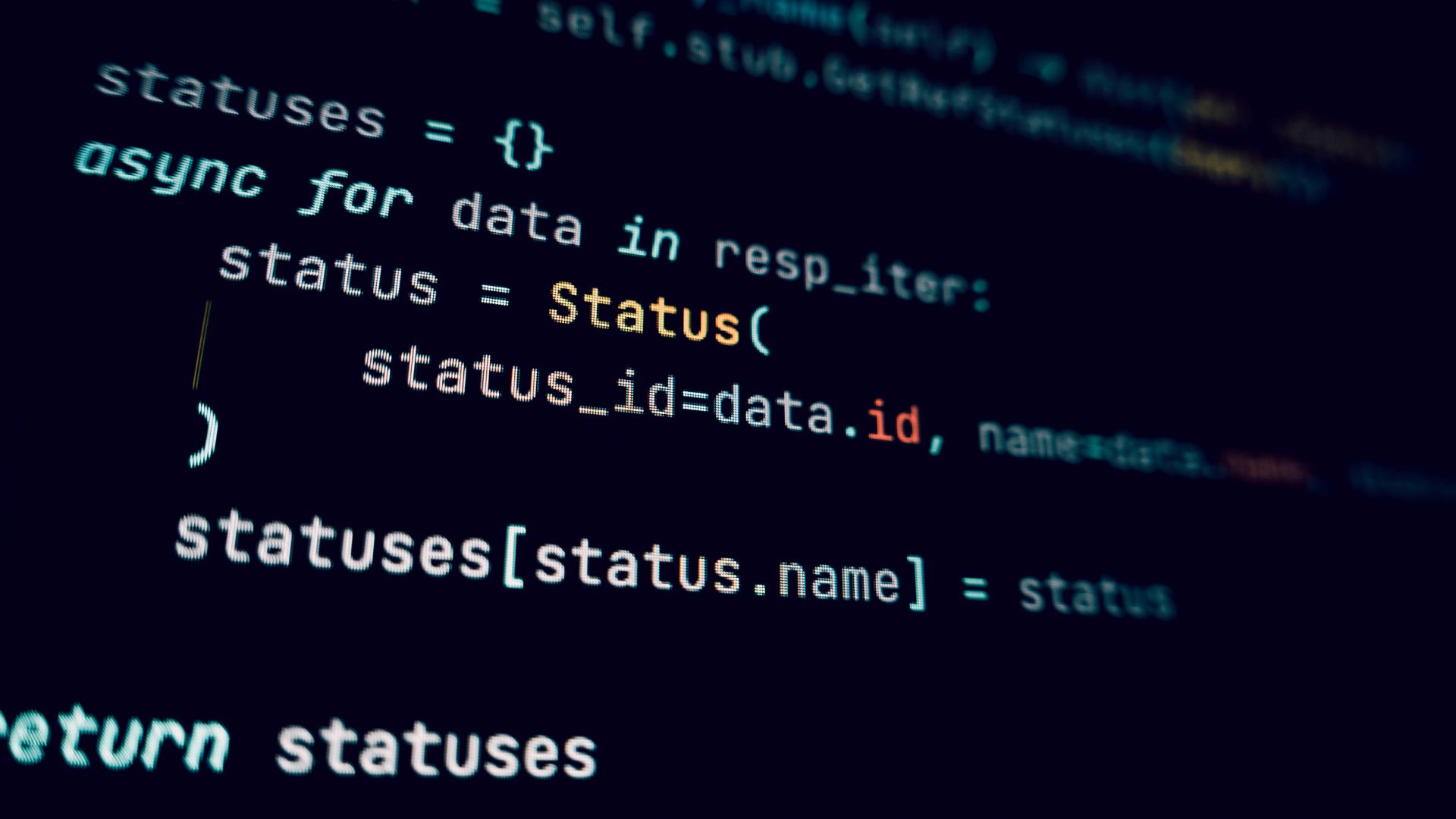How to Secure Your WordPress Site from Hackers
Over 43% of all websites on the internet are made from WordPress, which is making it the most popular CMS in the world. However, it has a risk with popularity; WordPress websites are often targeted by hackers. There are certain attacks, like brute force attacks and malware injections, and cybercriminals are constantly looking for vulnerabilities to exploit.
When your website is compromised by a hacker, you may lose your SEO ranking, valuable data, and customer trust within seconds. However, you can protect your website with the right security and protocol. In this blog, we will guide you through exactly how to secure your WordPress site from hackers in 2025 and beyond.
Understanding How Hackers Target WordPress Sites
Hackers use common vulnerabilities to attack the site; they do not just guess a website to attack. Here is the list of the most common attack methods used by hackers.
• Brute Force Login Attacks: Basically, hackers guess your username and passwords until they find the right one.
• Malware Injections: hackers add malicious code into your website to get data or display spam.
• SQL Injections & XSS (Cross-Site Scripting): Injecting harmful scripts through insecure input fields.
• Theme & Plugin Vulnerabilities: They can enter your site through the outdated or poorly designed plugins and themes.
• Phishing via Contact Forms: Tricking you into sharing sensitive login credentials.
Basic Security Practices Every WordPress Owner Should Follow
If you are learning WordPress or you are a WordPress website owner, you should know the basic security practices.
• Keep WordPress Updated: Keep your website up to date for security patches.
• Update Themes & Plugins: Always keep your plugins and theme updated; an old version can be a hacker’s dream.
• Delete Unused Themes & Plugins: Unused files and themes can be vulnerable.
• Download Only from Trusted Sources: only use and download themes and plugins from trusted sources, and avoid pirated resources.
Strengthening WordPress Login Security
Your login page is the front door to your website. Strengthening it is essential:
• Use strong usernames and passwords to avoid being predictable for hackers.
• Enable two-factor authentication to protect your login. You can use apps like Google Authenticator.
• Use plugins for limiting the login attempts; if someone is attempting the wrong login, it will block the user.
• Change the default login URL to avoid bots from finding your login page; it will make it harder to find.
Using WordPress Security Plugins
A good security plugin acts like a 24/7 guard for your site.
Top Options in 2025:
• Wordfence—Real-time firewall & malware scanner.
• Sucuri Security – Cloud-based firewall and monitoring.
• iThemes Security – 30+ security features in one plugin.
• All In One WP Security—Great for beginners.
Secure Your WordPress Hosting
Even if your website is secure, if your hosting has a vulnerability, hackers can still get into your site.
• Choose a reputable hosting provider with security features.
• Consider Managed WordPress Hosting (like Kinsta or WP Engine) for automatic security updates.
• Enable server-level firewalls & daily malware scans.
Protect Your Site with SSL Encryption
SSL (Secure Sockets Layer) encrypts data between your website and visitors. It’s essential for security and SEO.
• Install an SSL Certificate – Most hosts provide free Let’s Encrypt SSL.
• Ensure your site uses HTTPS instead of HTTP.
Regular Backups and Recovery Plans
Backups are your insurance policy in case of an attack.
• Use backup tools like UpdraftPlus, BlogVault, or Jetpack Backup.
• Schedule daily or weekly backups depending on site activity.
• Store backups in cloud storage like Google Drive or Dropbox.
Monitoring and Detecting Suspicious Activity
Detect threats early before they cause damage.
• Set up security alerts with your security plugin.
• Use Google Search Console to check for security issues.
• Regularly scan your site for malware.
Conclusion
Securing your WordPress site is not a one-time task; it’s an ongoing process. By keeping your site updated, using strong login protection, installing security plugins, and performing regular backups, you can greatly reduce the risk of being hacked.
The digital world is constantly evolving, and so are hackers. Stay informed, be proactive, and treat your website like the valuable asset it is.
Recent Post
-
 03 Feb 2025
03 Feb 2025How to Become a Plumber in Nepal
-
 11 Aug 2025
11 Aug 2025Common Digital Marketing Mistakes to Avoid
-
 12 Aug 2025
12 Aug 2025How to Become a Professional Video Editor
-
 13 Aug 2025
13 Aug 2025The Impact of AI on the Future of Graphic Design
-
 14 Aug 2025
14 Aug 2025Common AC Problems and How to Fix Them
-
 14 Aug 2025
14 Aug 2025Career Opportunities in Motor Rewinding in Nepal
-
 17 Aug 2025
17 Aug 2025Different Types of Welding and Their Uses
-
 18 Aug 2025
18 Aug 2025How to Plan and Install Industrial Wiring
-
 19 Aug 2025
19 Aug 2025Latest automobile technologies in 2025
-
 19 Aug 2025
19 Aug 2025Top Tools Every Motorbike Mechanic Need





